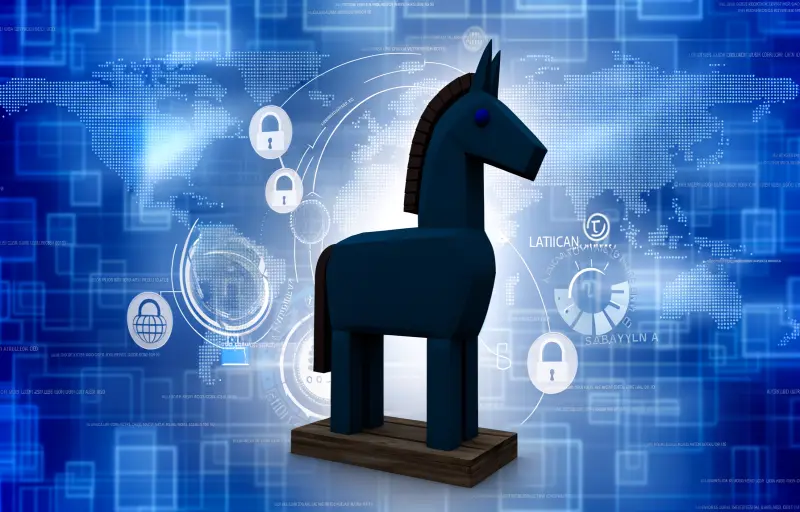
“Latin American Financial Institutions Under Siege: Mekotio Trojan on the Rise”
The Rise of Mekotio: How Latin American Financial Institutions are Under Attack
Financial institutions in Latin America are facing a new threat in the form of a banking trojan called Mekotio, also known as Melcoz. According to recent findings from Trend Micro, there has been a surge in cyber attacks distributing the Windows malware, putting banks and their customers at risk.
Mekotio is a sophisticated piece of malware that targets online banking users in Latin America. It is designed to steal sensitive information such as login credentials, personal identification numbers, and other financial data. Once the malware has infected a user’s computer, it can intercept and manipulate online banking transactions, allowing cybercriminals to transfer funds out of the victim’s account without their knowledge.
The rise of Mekotio is particularly concerning for financial institutions in Latin America, which have historically been vulnerable to cyber attacks. In recent years, there has been an increase in the number of cybercriminals targeting banks in the region, with many using sophisticated techniques to bypass security measures and steal money from customers.
One of the reasons why Latin American banks are being targeted is because they often lack the resources and expertise to defend against cyber attacks. Many banks in the region are still using outdated technology and do not have the necessary security measures in place to protect against modern threats like Mekotio.
In addition to stealing money from bank accounts, Mekotio can also be used to carry out other types of cyber attacks. For example, it can be used to launch distributed denial-of-service (DDoS) attacks, which can disrupt a bank’s online services and prevent customers from accessing their accounts. It can also be used to spread other types of malware, such as ransomware, which can encrypt a bank’s data and hold it hostage until a ransom is paid.
To combat the threat of Mekotio, financial institutions in Latin America need to take a proactive approach to cybersecurity. This means investing in the latest security technologies and training staff to recognize and respond to potential threats. Banks also need to work closely with law enforcement agencies and cybersecurity experts to share information about emerging threats and develop strategies for preventing and mitigating attacks.
Customers also have a role to play in protecting themselves from Mekotio and other banking trojans. They should be vigilant when using online banking services and be on the lookout for any suspicious activity. This includes being wary of unsolicited emails or messages that ask for personal information or prompt them to download software. Customers should also use strong passwords and enable two-factor authentication whenever possible.














